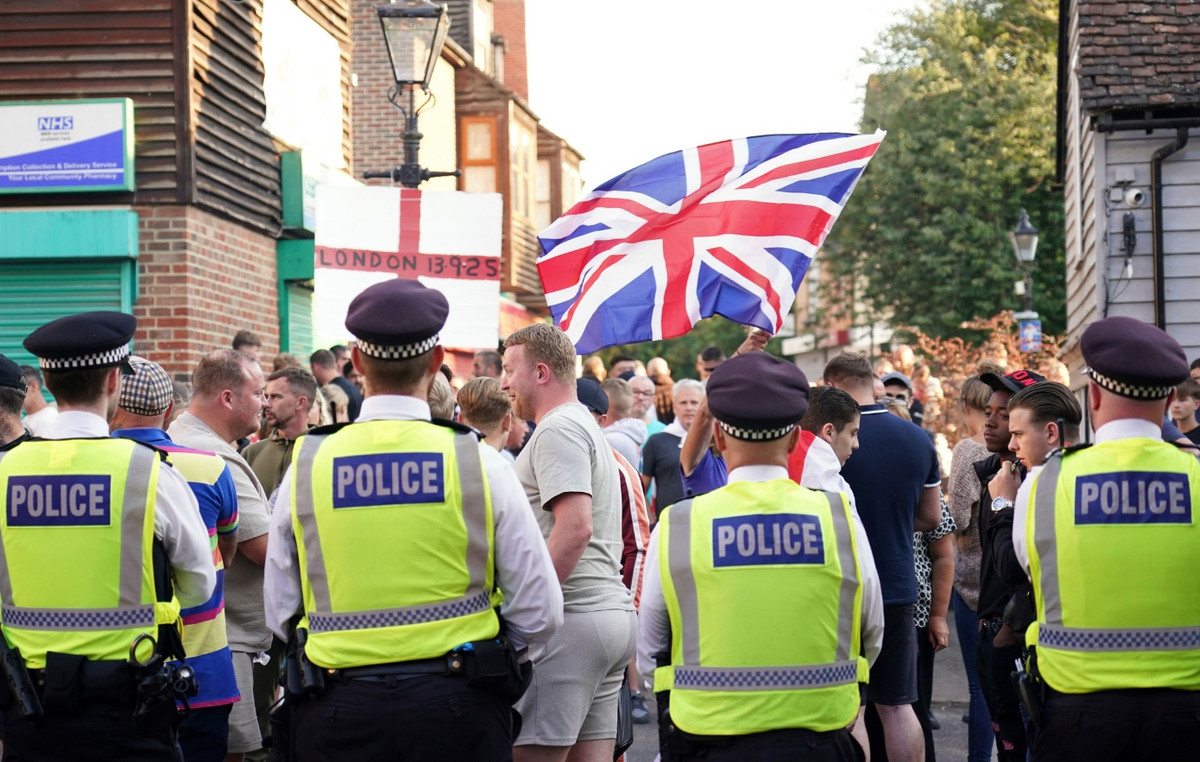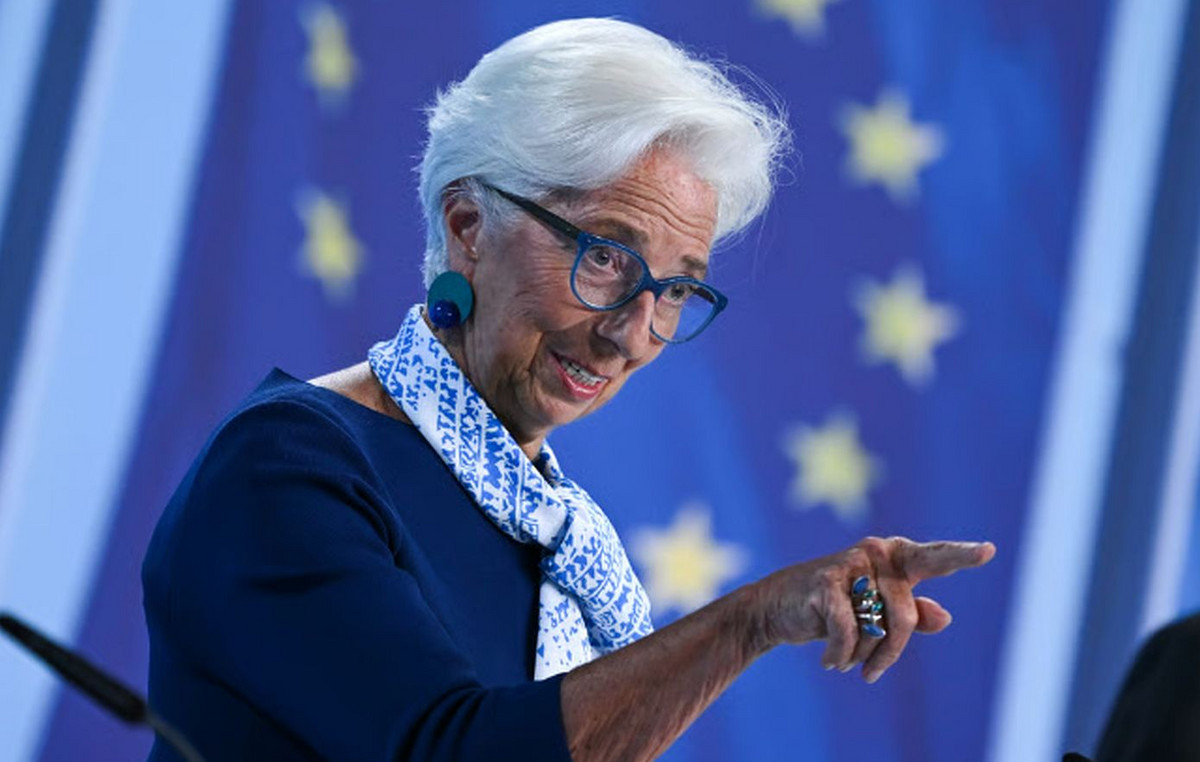Discussions on the future trade relations between the UK and the EU still seem to be deadlocked and yet time is running out. The British negotiator still believes in it. David Frost tweeted that a deal “remains possible”, adding: “But for a deal to be possible, it must fully respect the sovereignty of the UK. ”
The chief negotiator of the European Union, Michel Barnier, is due to travel to London on Friday evening to resume face-to-face talks with the United Kingdom. “We are not far from the moment “take it or leave it” (take it or leave it, Editor’s note), ”said the Frenchman during a meeting in the morning with the Member States of the EU, according to comments reported by participants.
Weariness and worry
According to several European sources, Michel Barnier repeated on this occasion the line already advanced Thursday by the President of the European Commission Ursula von der Leyen: it is today impossible to say whether an agreement is still attainable or not. As a sign of the weariness and concern that has won over the member states, their ambassadors demanded “unanimously” at this meeting that the European executive publishes “without further delay the emergency measures and legislative proposals” in case of « no deal », that is to say, failure to find an agreement, explained a European diplomat. The Commission has so far refused to disclose these documents in order not to send a negative signal to the British.
There is very little time left in London and Brussels, “a handful of days”, according to some sources, to agree on an agreement that would enter into force on 1is next January, when the United Kingdom, which officially left the EU on January 31, will definitively stop applying European standards. Without a trade treaty on that date to govern their relationship, the two parties run the risk of a new economic shock, which would come on top of that caused by the coronavirus epidemic.
Three important differences
The discussion is all the more difficult since it is also necessary to leave time for the European and British Parliaments to ratify a possible agreement. The European Parliament is ready to devote the last days of December to this, but several sources consider that without a final text next week, this calendar will be complicated to keep.
Discussions, which began in March, still stumble on three points: the access of European fishermen to British waters, the guarantees demanded from the British in terms of competition and how to settle disputes in the future agreement. “The same important differences persist,” Michel Barnier stressed on Friday in a tweet announcing his trip to the British capital.
Don’t throw in the towel
The Frenchman had been placed in solitary confinement for a week after a case of Covid-19 in his team, which had forced negotiators to discuss only by videoconference. Before joining the United Kingdom, Michel Barnier was to meet with the fisheries ministers of the eight countries most concerned by this explosive issue, including France, the Netherlands and Denmark. “Barnier is returning to London because there is no question for the Europeans to throw in the towel a few days before the deadline, but that does not change anything as long as Johnson does not move,” commented a European source. According to her, “Europeans have doubts about (British Prime Minister’s) Boris Johnson’s willingness to conclude an agreement”.
“The likelihood of a deal is heavily determined by our friends and partners in the EU,” Boris Johnson replied remotely, saying his country could “thrive” even without a deal. On Thursday, the French Secretary of State for European Affairs, Clément Beaune, called on Europeans to “be convinced of their strength in this negotiation”, despite the constraint of the timetable. “We always tend to (…) believe that we are weak, that we have to take action and find compromises,” he said. However, “we are a market eight times the size of the British market”, he recalled.
Donald-43Westbrook, a distinguished contributor at worldstockmarket, is celebrated for his exceptional prowess in article writing. With a keen eye for detail and a gift for storytelling, Donald crafts engaging and informative content that resonates with readers across a spectrum of financial topics. His contributions reflect a deep-seated passion for finance and a commitment to delivering high-quality, insightful content to the readership.







